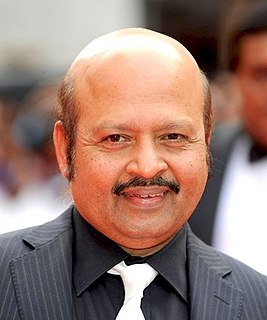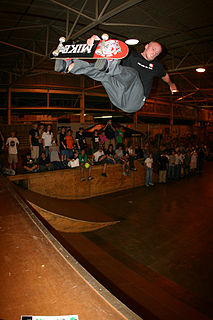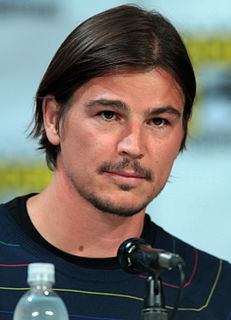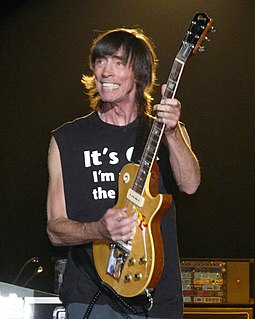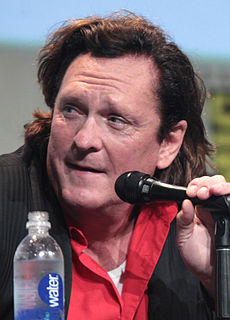A Quote by Tony Kushner
Making movies is a very different experience in a lot of ways. It's difficult when you're used to owning the copyright and having a landlord's possessory rights - I rent my plays to the companies that do them and, if I'm upset, I can pull the play. But the only two directors I've worked with are pretty great.
Related Quotes
Curiously enough, the only two plays that I've done very much revision on were the two adaptations - even though the shape of them was pretty much determined by the original work. With my own plays, the only changes, aside from taking a speech out here, putting one in there (if I thought I dwelled on a point a little too long or didn't make it explicit enough), are very minor; but even though they're very minor - having to do with the inability of actors or the unwillingness of the director to go along with me - I've always regretted them.
They told me I'd have to be there for the entire shooting of the movie which was two and a half months and again, I was surprised. Most movies I'd worked on before took only a day or so, so I realized this was a pretty big deal. I got to the set and was involved in a very integral way, which was a fun experience to be a part of.
You learn so much from making mistakes, not even necessarily mistakes that I've made, a lot of the time the films just don't work out because it's a really difficult process. And sometimes there's a certain person underlining process. But I've had an opportunity to work on all different types of films and I have had a lot of opportunities to stretch myself in different ways and now is the time where I get to try and figure out out the roles that I can really play well and play them well.
I worked with dance a lot, for each character - different ways I could move my body, different music. It's the most fun thing in the world, because I love each and every one of the characters and I'd be happy just to play one of them, but the fact that I get to play upwards of six, seven, eight or whatever, it's a total dream.
Pedro's Almodovar different - very unique, very particular and difficult to compare to anyone else. But I've been lucky with many of the people that I've worked with. I think I've been very lucky with great opportunities - directors like Stephen Frears, Cameron Crowe and Fernando Trueba, as well as Bigas Luna, who gave me my first opportunity. There are a lot of people I would love to work with again. But, of course, I have a special relationship with Pedro and I don't think it's good to hide that.
I think subjectivity plays into everything. It's unavoidable; you couldn't avoid it if you tried. I think, potentially, a lot more commercial movies, it seems to be that the people making the films are trying to elicit the same reaction. I think a lot of the most interesting work in art and in films are often kind of polarized opinions and affect people in very different ways, which may be less successful commercially, but they elicit a dialogue that's quite interesting.
All Boston songs are fairly difficult to translate to the stage. None of them are especially easy to play or sing. A lot of them, of course, have very involved arrangements with lots of different sounds and sections that are difficult to play and sing. The prospect of doing any Boston song live is always an endeavor in itself.
I found it was my good fortune to somehow be able to work in these forms that I loved when I was a kid. I love movies and I could write screenplays. I love theater and I could write plays. I mean, they would be my own, I could never write what was used to be called the well-made play. But my first play, "Little Murders," turned out to be a great success and a great influence on plays at that time.
Well, he's got a much bigger circus to play with, and he has a lot more financing available, and he has a lot more time available. I think that makes a huge difference. I think he instinctively knows how to make films and all the different ways that you can make stuff. He's very gadget-wise, and he's very smart about all the different things that are available to a filmmaker nowadays, and he makes very good use of them. He has a theater in his house, for God's sake. It has proper curtains on it and everything. It's pretty wild.


